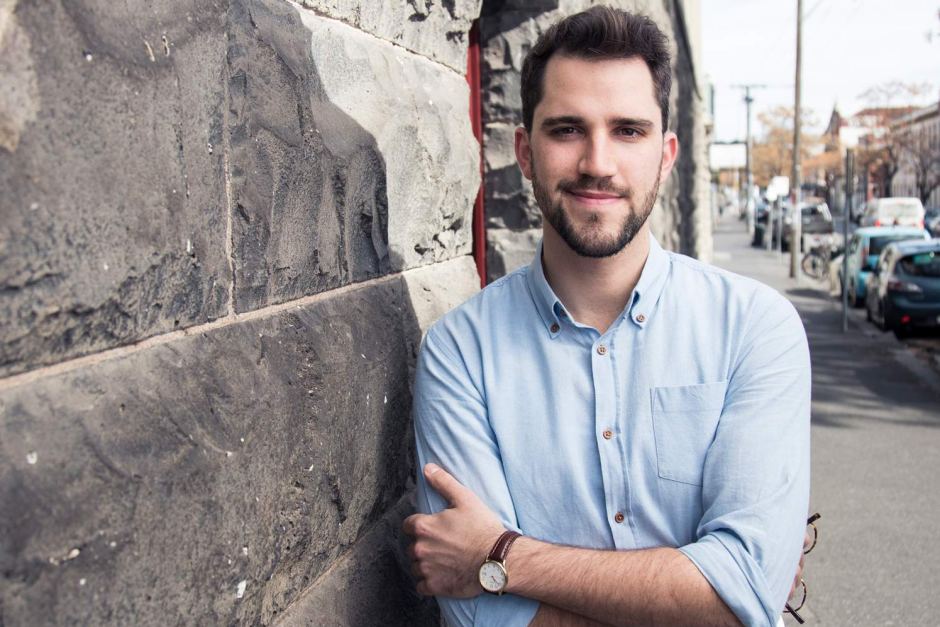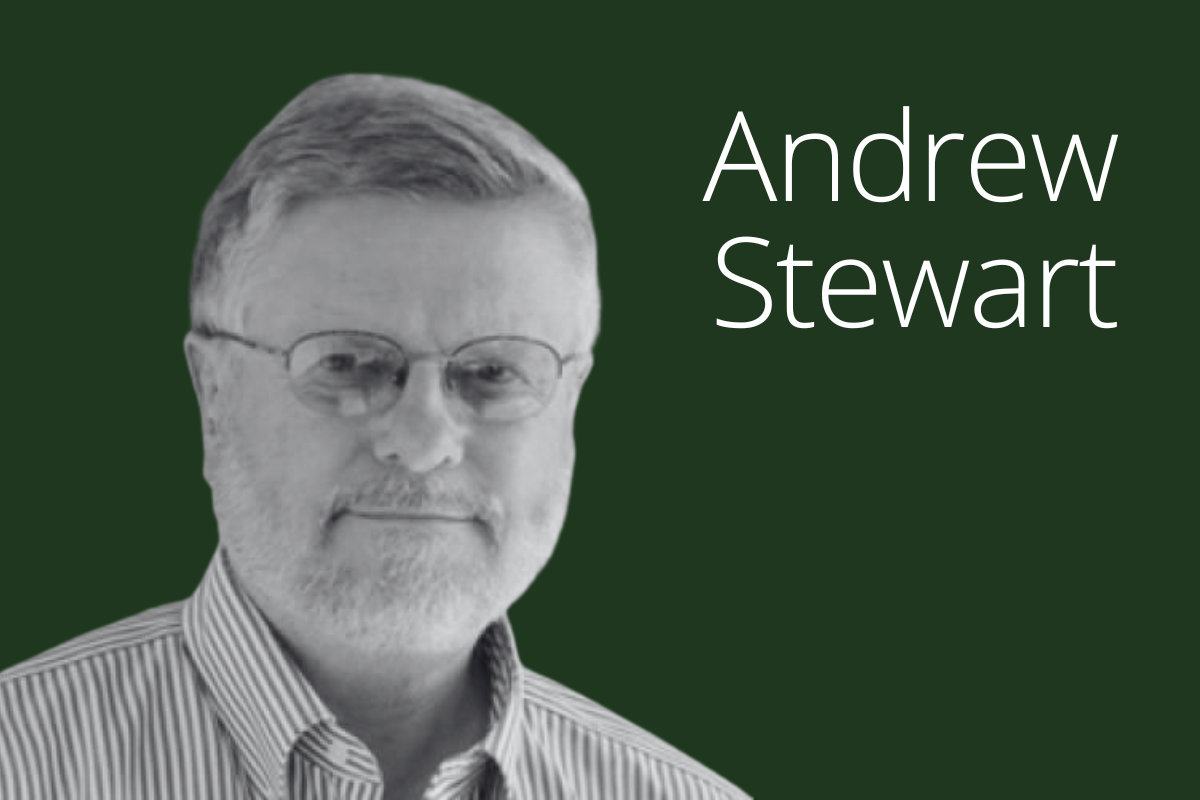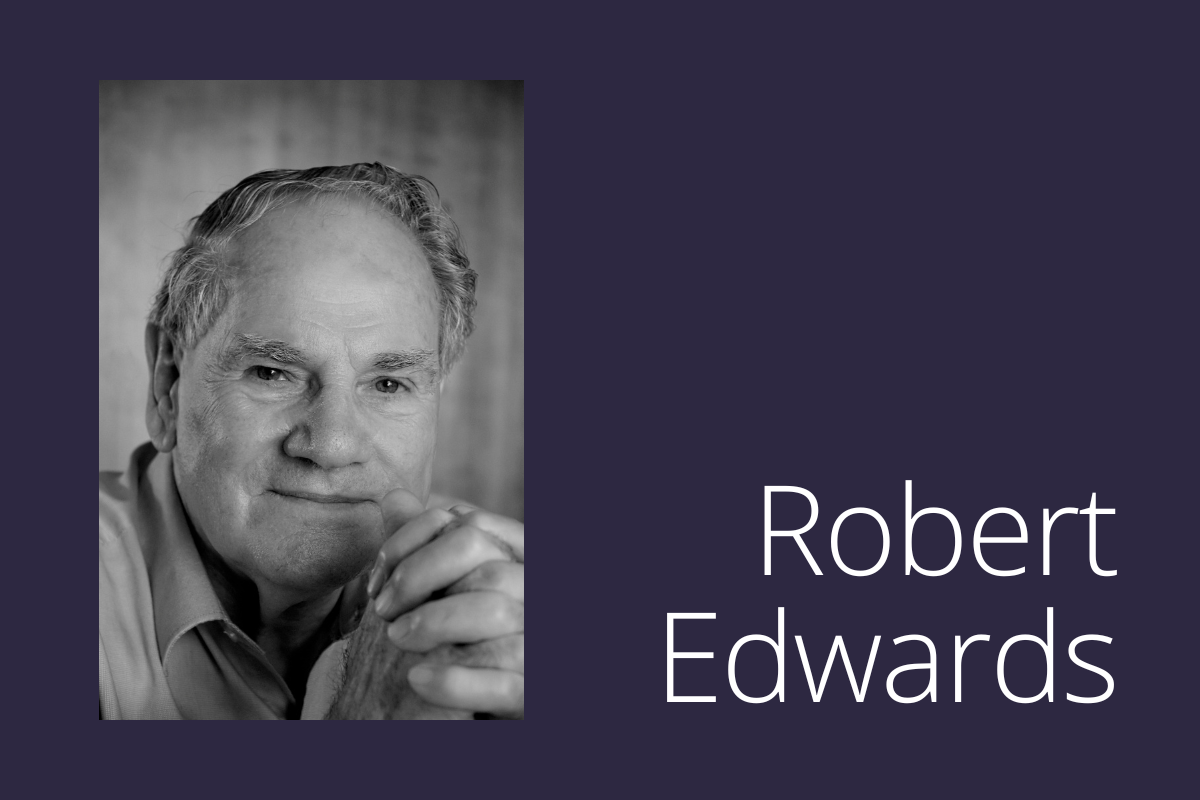
Dr Griffiths is a lecturer in Cultural Heritage and Museum Studies at the School of Humanities and Social Sciences at Melbourne’s Deakin University. His research focusses on cultural heritage, Indigenous history, political history, archaeology and seascapes.The award of the Crawford Medal recognises his outstanding ability to bridge the disciplines of history, literature and archaeology, and the imaginative considerations he gives to the intersections of the sciences and the humanities through his work.
Dr Griffiths’ multi-awarding winning and widely-acclaimed book, Deep Time Dreaming, was the result of extensive fieldwork and archival research.
In his nomination for the Crawford Medal, eminent historian and Academy Fellow and former Academy President, Iain McCalman AO, said ‘I have encountered no other young academic in my university career of more than 50 years whose book (Deep Time Dreaming) has made a larger or deeper impact… (it is) one of handful of publications that have shifted Australia’s understanding of the past: both Indigenous and non-Indigenous.
‘While telling for the first time the gripping story of the women and men who have made the key discoveries which shaped the modern discipline of archaeology in Australia, Billy never fails to demonstrate and acknowledge their debt to the contributions of the Aboriginal peoples whose cultures were being uncovered,’ Professor McCalman said.
Dr Griffiths experienced his first archaeological dig at the Madjedbebe rock shelter in Kakadu, where, using new techniques, archaeologists dramatically enlarged the timescale of Australian history, dating the Indigenous history of human habitation back at least 65,000 years.
Dr Griffiths’ work has also been acclaimed by Tjanara Goreng Goreng, research scholar at the Australian National University’s Centre for Aboriginal Economic Policy Research and traditional owner from Wakka Wakka Wulli Wulli in Central Queensland. ‘I describe it as a gift to Australia, and to me, and to First Nations peoples.’
Dr Goreng said Deep Time Dreaming’s ‘beauty continues from chapter to chapter, from story to story, of these 20th century discoverers of rock art, of an Australian prehistory, of Australian disciplines of study, of marking country, of the early fights for Aboriginal rights over decisions about research and excavations on their country, and of the early developments of national trusts and conservation of our ancient culture.’
In addition to Deep Time Dreaming, Dr Griffiths is the author of The China Breakthrough: Whitlam in the Middle Kingdom, 1971 (2012) which explores Gough Whitlam’s daring visit to China in 1971 and the dramatic international events and acts of secret diplomacy that underlie this key episode of diplomatic history.
Dr Griffiths is also a member of the Alfred Deakin Institute for Citizenship and Globalisation, and an Associate Investigator with the Australian Research Council Centre of Excellence for Australian Biodiversity and Heritage (CABAH). He serves as a board member of the Australian Book Review and has consulted for a range of Aboriginal and heritage trusts.
On hearing of his award, Dr Griffiths said ‘It is a great honour receive the 2020 Max Crawford Medal from the Australian Academy of the Humanities. My research explores the work of the past three generations of humanities scholars and the immense contributions they have made to understanding and imagining Australian society, culture and history. Max Crawford himself was an early champion of archaeological work in Australia and he encouraged dialogue across and between disciplines. I am honoured to be part of this collaborative tradition.
‘This award takes on a particular significance at such a challenging time for the humanities. Arts, culture and scholarship have never been more vital to our society’ he said.
Dr Griffiths was congratulated by Academy President, Professor Joy Damousi. ‘In his remarkable work to date, Billy has strived to change the conversation that we’re having about Australian history. The Academy has been inspired by his contribution to public debates and awareness of our history. On behalf of the Fellows, I warmly congratulate him on his remarkable achievements and we all look forward to following what will surely be a long and distinguished career.’
Learn more about Dr Griffiths’ work via this video from the Australian Research Council Centre of Excellence for Australian Biodiversity and Heritage:



